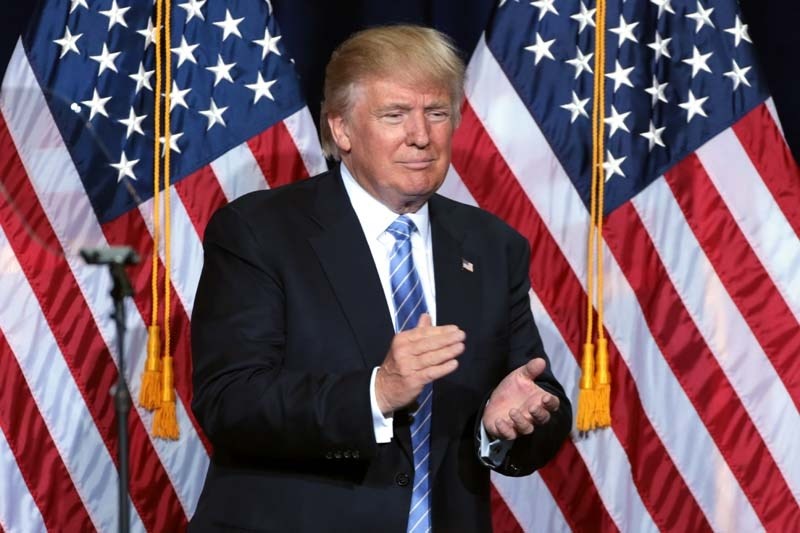Donald Trump is on the eve of becoming only the second United States president to begin a non-consecutive term. , more than a century ago, was the other.
Non-consecutive terms have occurred in other countries, particularly in Western Europe and the Americas.
Around the time that , kept movers busy in London with four non-consecutive terms as British prime minister.
More recently, Italy’s was in power on three separate occasions over several decades. Brazil’s current president, — known as Lula — was in power for two terms. After spending more than a year in jail for corruption, .
Some countries ban second acts altogether. Mexico’s presidents get one term of six years. In France, the president is prevented from running for a third consecutive term, but may return after sitting out a term. That has not yet been accomplished but the incumbent, Emmanuel Macron, .
Trump limited to two terms in total
The .” This came about after . There will be no third act for Trump unless he’s able to somehow amend the American Constitution during his four years in office.
The history of presidents and prime ministers who have secured non-consecutive terms provides clues to what Trump’s second term might look like.
Cleveland’s second term was not as successful as his first. He took strong stances on economic and social problems that were opposed by most Americans, including his own party, and were not in keeping with changes in American society. as Cleveland was unwilling to try new policies.
He departed office and with his party, the Democrats, in tatters. The Republicans claimed victory in the next four presidential elections.
, is another example of a leader whose second term was far less remarkable than the first. After an impressive first term as a wartime leader in the 1940s, to dismantle the British Empire and respond to the domestic economy.
In Canada, Pierre Elliott Trudeau was in office for more than a decade before being defeated, but then returned for another term in office. However, beyond important changes to Canada’s Constitution, his final term was less successful than his earlier years in office. Economic troubles plagued the government along with ill-advised responses to the global energy crisis that .
The late Berlusconi’s third and final term in office was consumed by that was followed by a national debt crisis.
Trump’s next term
Trump won re-election by . That promise may be the most difficult to keep if or when the next recession arrives, and Trump .”
In Brazil, Lula to place seasoned administrators and people he trusts in positions of power. He was also aggressive in using presidential decrees to reverse his predecessor’s policies.
Trump’s cabinet choices were loyal to him during the past eight years, both while he was in power and after he lost the 2020 election. He’s already signalled that , including one that will impose the large-scale deportation of people living in the country illegally.
But, unlike Lula’s choices, his picks aren’t all seasoned administrators, especially political novices and mavericks Elon Musk and Vivek Ramaswamy, who Trump has tasked with jointly heading up a commission to cut government spending.
Read more:
History reveals that such commissions quickly fade as the private sector executives suddenly in government positions realize that , require approval from Congress and will be far less grand than envisioned.
Leaders who return to power generally know from experience how quickly time and events move. Most do all they can to be more prepared than they were during their first time in the halls of power, and place value on discipline and focus. Trump’s 2024 election campaign, for example, was of key staff.
No encores on the horizon
A common feature of second — or third or fourth — acts is that those leaders are typically older than most elected officials. Gladstone left office at age 84 and Churchill at age 80.
Lula will be 81 when . Trump will be the oldest president in U.S. history at his inauguration. He will be 82 at the end of his term.
These politicians know their political lives no longer measured in decades, but only in years. There are no encores.
If history is an accurate guide, Trump’s second administration will involve hardened ideological positions. His recent comments — reveal a leader still consumed with causing disruption and disturbance.
Read more:
Indeed, history shows that those who return to power pursue policies very similar to those during their first terms. Second acts have been marred by leaders who are unable, or unwilling, to adjust to unexpected developments in the domestic, economic or global arenas.
![]()
Thomas Klassen does not work for, consult, own shares in or receive funding from any company or organisation that would benefit from this article, and has disclosed no relevant affiliations beyond their academic appointment.


